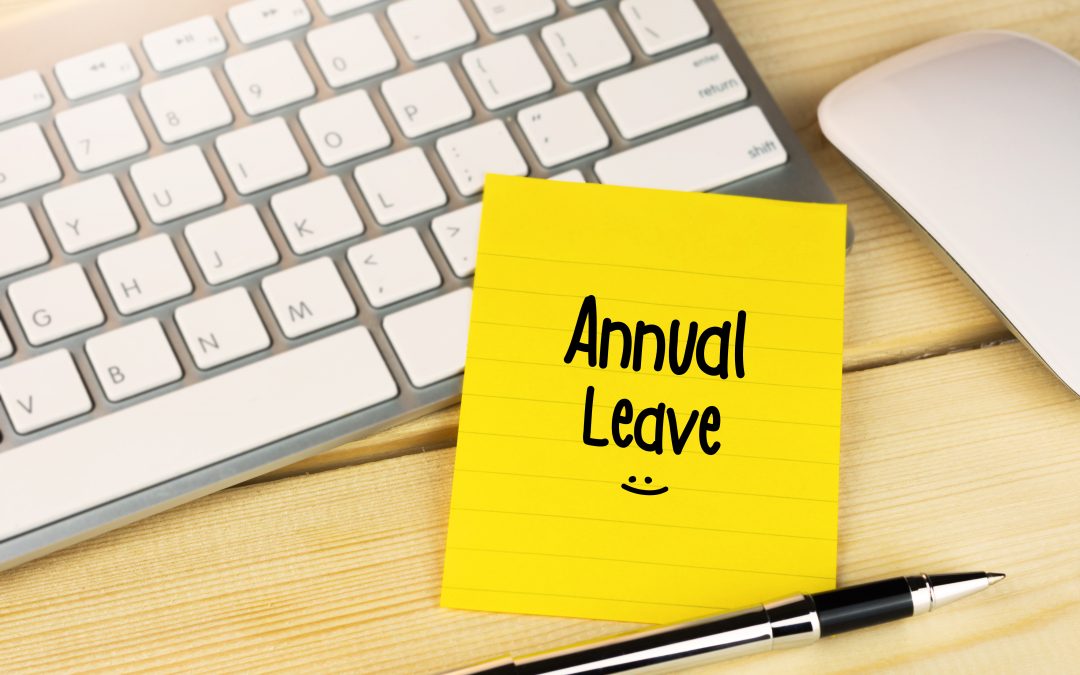Welcome to Part 2 of our Annual Leave Series: The Basics. If you missed it, make sure to read Annual Leave Series: The Basics Part 1.
We continue on with some trickier questions about annual leave.
Q: Can I allocate annual leave entitlements at the end of the first 12 months of employment?
A: No. Annual leave accrues and accumulates from the first day of employment even during the probation period and continues to accrue progressively throughout the year and is rolled over from year to year.
Annual leave continues to accrue whilst the employee is on paid leave such as annual leave, paid personal/carers leave, community service leave including jury duty and long service leave.
Annual leave does not accrue whilst the employee is on unpaid leave such as unpaid annual leave, personal/carer’s leave, parental leave, domestic and family violence leave.
Q: Can I tell my employees they are not permitted to take annual leave in the first 12 months of employment?
A: No. Annual leave can be taken as soon as it is accrued. It does not have to be taken at the end of the year. It is up to each employer and employee to arrange when and for how long annual leave is to be taken. An employer must not unreasonably refuse an employee’s request to take annual leave. There is no maximum or minimum period of annual leave that can be taken.
Annual leave entitlements are not be too deducted if the period during which the employee takes annual leave includes a public holiday; a period of other leave or a period of absence from employment due to community service leave.
Q: Can I direct my employees to take annual leave whenever I like?
A: An employer can direct an employee to take annual leave when the Award or Enterprise Agreement allows it and the requirement is reasonable.
Similarly, the NES allows an employer to require an award or agreement free employee to take a period of annual leave but only if the requirement is reasonable.
Q: Can I direct my employees to take annual leave if I believe they have excessive leave accruals?
A: Some Awards and Enterprise Agreements include terms about taking annual leave when an employee has an excessive amount of annual leave.
In certain circumstances the employer can direct an employee to take annual leave when they have excessive annual leave balances. There is no definition of excessive leave in the Fair Work Act 2009; however, many awards define excessive leave as 8 weeks (or 10 weeks for a shift worker) so essentially 2 years of accruals.
We recommend employers do not direct award/agreement free employees to take annual leave unless they have at least 2 years of accruals.
Q: Can I agree to cash out an employees accrued annual leave if asked?
A: Some Awards and Enterprise Agreements allow for annual leave to be cashed out. Award and agreement free employees may agree with the employer to cash out annual leave at any time however, whenever annual leave is cashed out the employee must:
- retain at least 4 weeks annual leave;
- have a signed written agreement with the employer on each occasions. The agreement is to outline the amount of leave being cashed out, the amount the employee will be paid and the date it will be paid;
- payments for the cashing out of annual leave are to be for the same amount as if the employee were taking the leave.
Q: Can I refuse to pay annual leave in advance?
A: Some Awards and Enterprise Agreements allow an employee to take annual leave in advance when their employer agrees in writing.
Any agreement for payment of annual leave in advance must be in writing and signed by both the employer and the employee, state how much leave is being taken in advance and when that will start. The employer must keep the agreement with the employee’s records.
If an employee takes leave in advance and their employment ends before they have accumulated it back the employer can deduct the amount still owing from their final pay.

